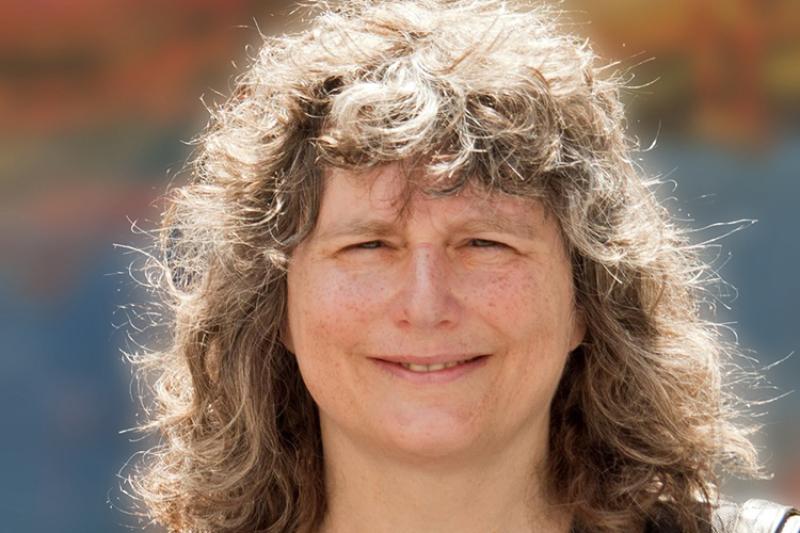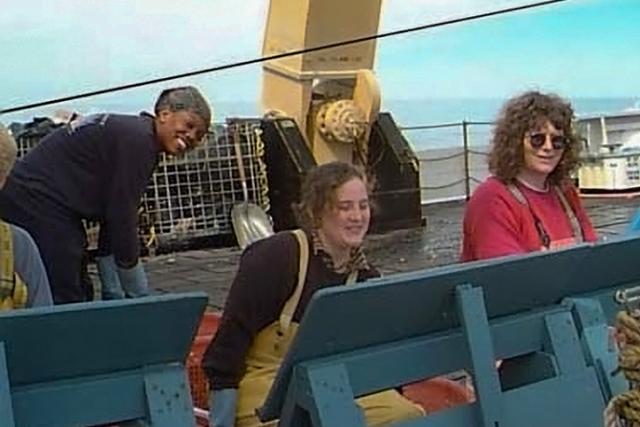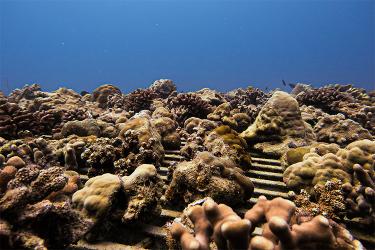Dvora Hart is an operations research analyst and lead assessment scientist for Atlantic sea scallops and Atlantic spiny dogfish for our science center’s Population Dynamics Branch. She has a background in mathematics and has worked on topics ranging from mathematics and statistics, to stream and lake ecology, to medical research and fisheries. Her home base is at our laboratory in Woods Hole, Massachusetts.
Can you tell us a little about yourself—where you grew up, how you got interested in science, where you went to college?
I grew up in a suburb of Cleveland, Ohio. From a young age, I had a fascination with the natural world and mathematics. My work in fisheries and mathematical biology is a way of combining these interests. I earned my bachelor’s degree in Mathematics at the University of Chicago. I then went to graduate school at California Institute of Technology to earn my doctoral degree. My graduate research involved relating the properties of dynamical systems to those of associated “observables” of these systems. Before coming to the science center in 1999, I taught at liberal arts colleges and did research at Oak Ridge National Laboratory and Tel Aviv University.
What do you love most about your job or your career?
I like the variety of work that I do. I participate in collecting data from our Atlantic sea scallop survey, analyzing and modeling sea scallops based on survey and fisheries data. I also work with fisheries managers and fishermen to help manage our region’s scallop fishery. My work helps with scallop conservation and ensures its economic value and benefits to fishing communities. In addition, I do academic research on sea scallops, ecology, and the spatial management of fisheries.
What advice do you have for the next generation of women scientists about a career in fisheries and/or marine science?
Science is increasingly collaborative. Develop a network of colleagues, mentors, etc. Always be ready to learn new things, including outside your primary area of expertise. Make sure to stand up for yourself if you are not being treated professionally.




